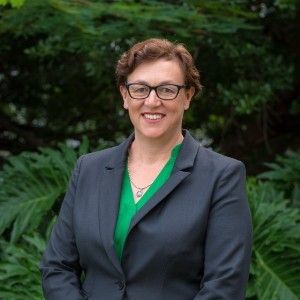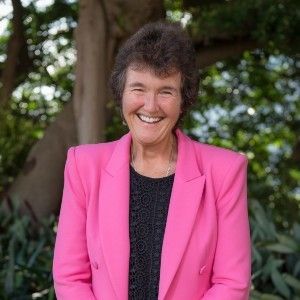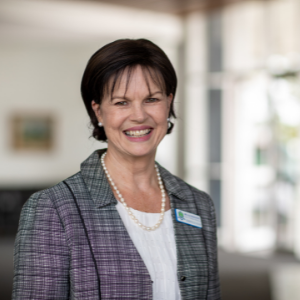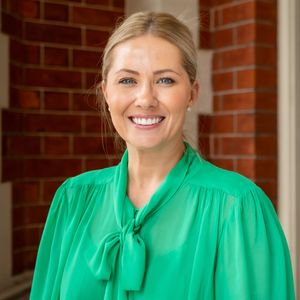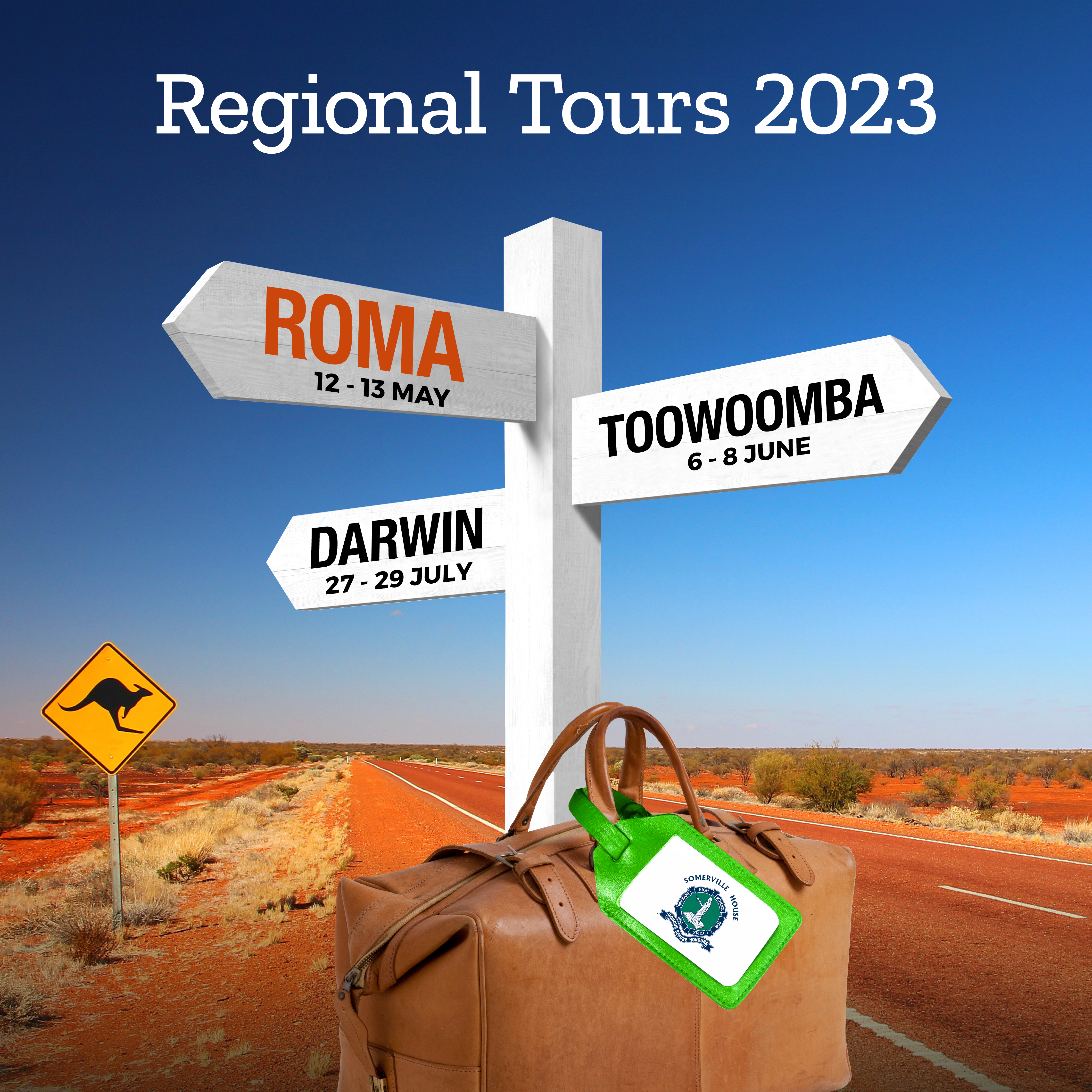From the Principal
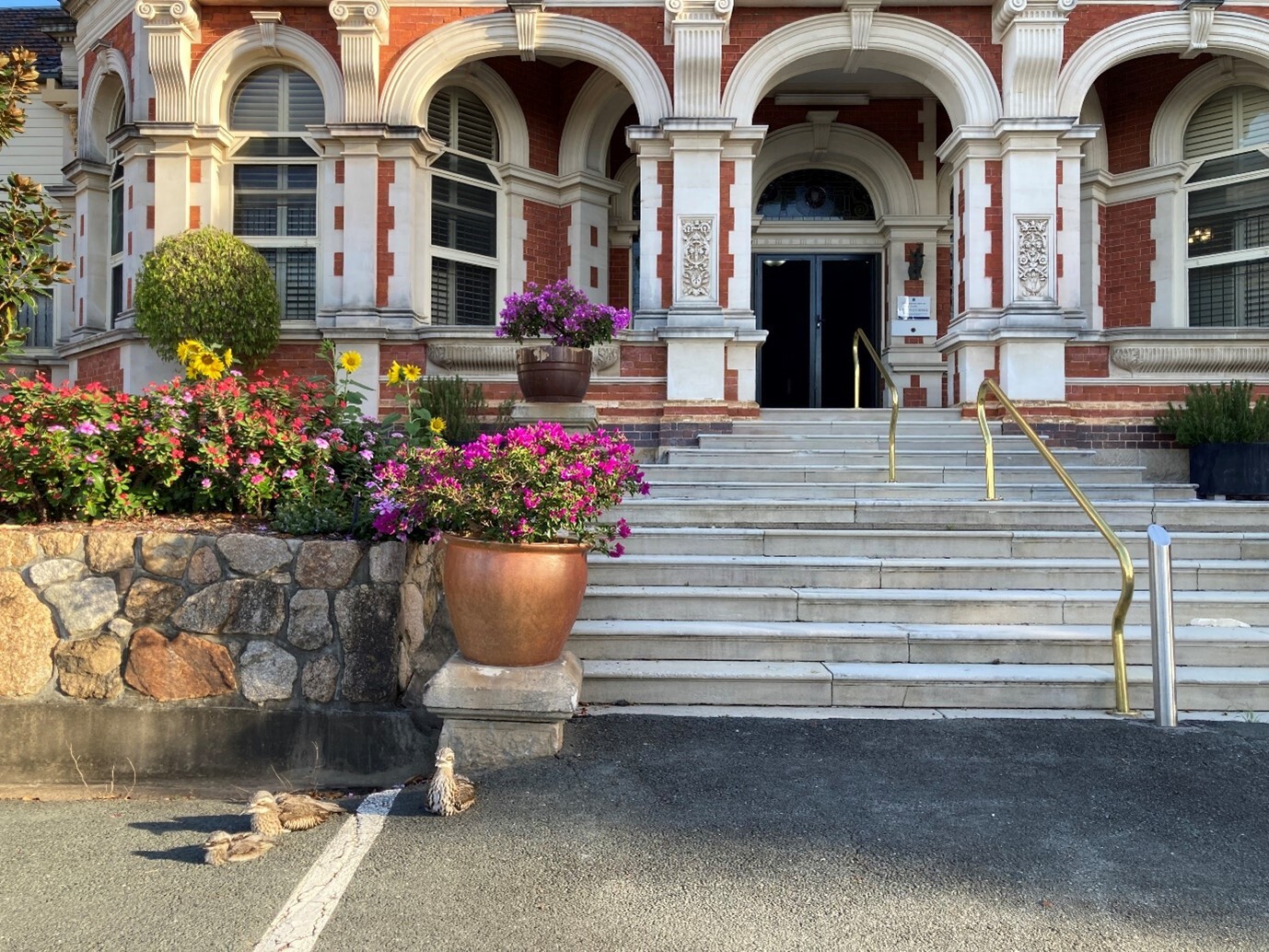
They say a picture tells a thousand words and this iconic photo taken by Ms Connolly-Coates, (Audio-Visual Co-ordinator) captures our Cumbooequepa Curlews basking in the warm rays of the afternoon sunshine.
It makes me happy to see the curlew family peacefully enjoying the Autumn sunlight, along with the cheerful faces of the sunflowers happily nodding in the garden.
Thank you to Dennis Sanchez-Lopez (Grounds Staff) for his wonderful work on our gardens around the campus.
Maths Anxiety is Real
Mathematics Education Lecturers from the University of Sydney, Ben Zunica and Bronwyn Reid O’Connor, describe maths anxiety as “the feeling of tension and worry that interferes with a person’s ability to solve mathematical problems”. Researchers consider maths anxiety to be distinct from general anxiety, or test anxiety, though there is some crossover.
Maths anxiety usually develops as a result of poor experiences with maths, which leads to negative thought patterns about your maths potential. These thoughts can manifest in an avoidance of maths and feelings of helplessness when confronted with tests.
It is helpful for parents to know what can be done to help their anxious child achieve their best in the maths exams and NAPLAN numeracy tests in the future. Zunica and Reid O’Connor suggest three practical things that parents can do right away and into the future:
- Focus on successes to build confidence
- Avoid ‘NAPLAN overload’
- Work alongside your child
Most children want to be good at maths. To reduce anxiety, it is important to focus on the positive, showing your child times where they have had success in maths. Experiences of success are vital in paving the way to further success in maths.
Anxiety about NAPLAN and any other assessments can be exacerbated by over-emphasising its importance in the build-up. A more constructive approach is to reassure your child there is no judgement in how they perform.
Rather than leaving your children alone to study or do homework, consider studying alongside younger children, and show interest in the work older children are completing. Teenagers may not be open to help when you offer the first time but make it clear that you’re there if they need you and you aren’t seeking to judge them.
The article concludes that “it cannot be underestimated how much a parents’ approach to learning maths influences their child’s approach. Try and have positive conversations with your child about maths and how we use it every day. This can help dispel negative attitudes, such as children thinking, “this is too hard and is just something I need to do at school”. You might want to use maths to work through a “best buy” at the supermarket or use length and area to determine how to arrange the furniture in a room”.
Acknowledgements: Zunica, Ben and Reid O’Connor, Bronwyn, (March, 2023), University of Sydney
https://theconversation.com/ma...
Coronation Street
With the excitement of the King’s Coronation on Saturday 6 May, our Junior School students and staff acknowledged this moment in history. On Friday, students submitted their design of the outfit they would wear if they were attending the Coronation Ceremony. I was taken by all of the images, with a snippet of just some of the many outfits, as seen below:
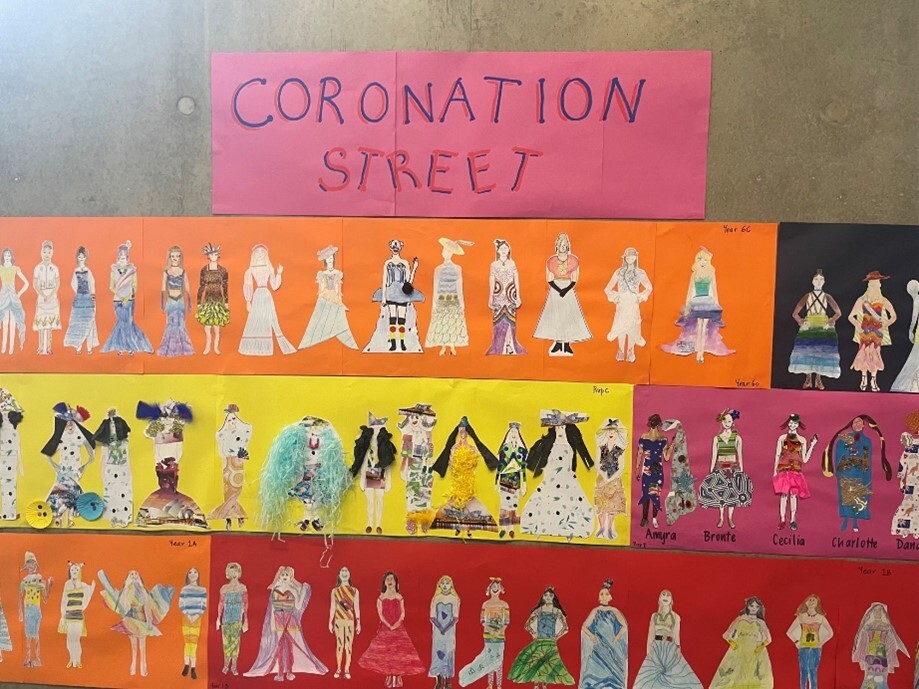
The centre outfit caught my eye with the symbol of Australia’s national identity, as depicted in this photo:
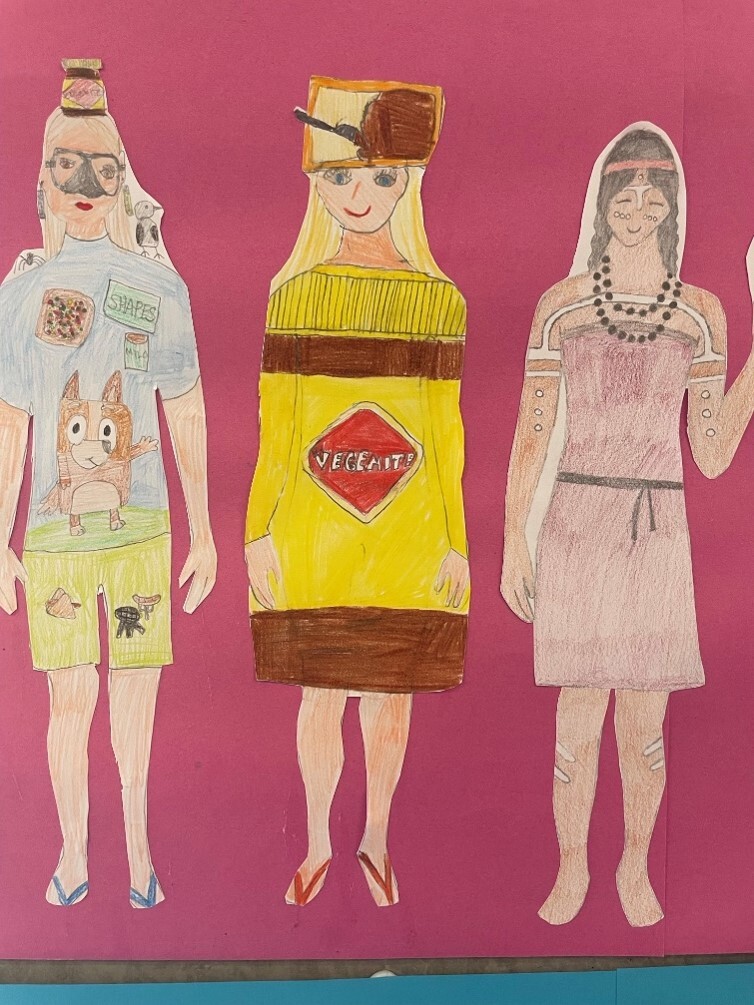
These images made me smile! I wish all families a productive and happy rest of the week!
Mrs Kim Kiepe
Principal

